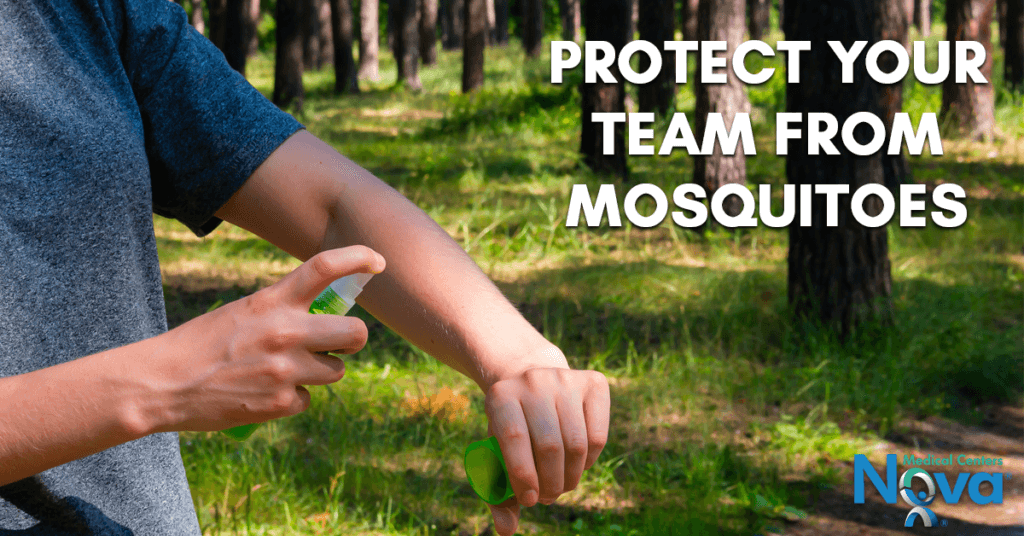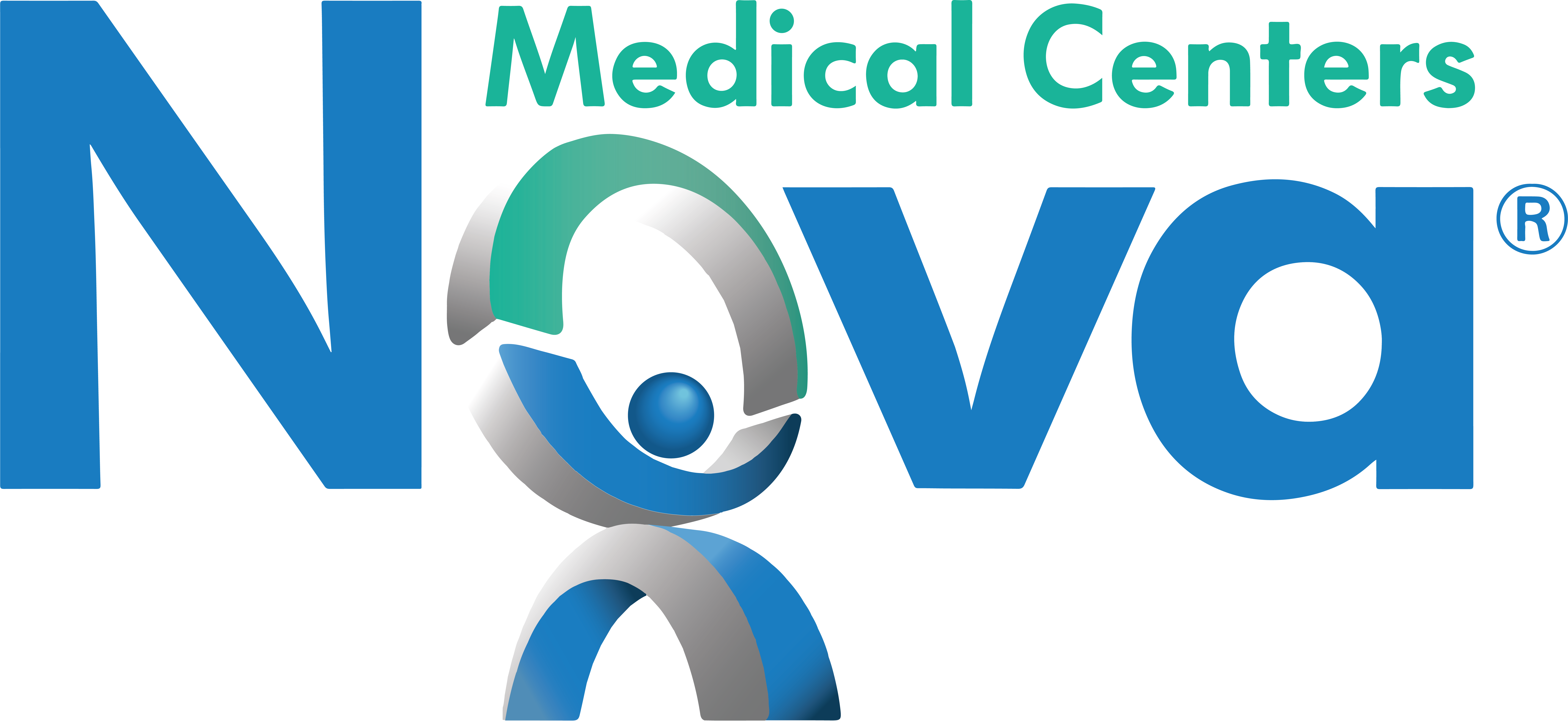
Mosquitoes are more powerful than you think
Mosquitoes are often only seasonal annoyances; however, they do present a risk of infection from a variety of diseases. As of August 16, 2017, there have been 203 Zika virus cases reported to the CDC and 209 cases of West Nile virus in the United States. While these numbers seem relatively low, the risks associated with these and other mosquito-borne diseases should not be ignored. Here are 3 tips on how to take active steps in reducing the chance of exposure to mosquitoes:
1) Wear the proper clothing
- Employees should wear long sleeved shirts and long pants when they are spending any significant amount of time outdoors
- Shorts and short sleeved shirts leave too much skin exposed and should be avoided if possible
- Wearing a hat provides good protection for the head
2) Use Insect repellent
- EPA-registered insect repellents should be used on exposed areas of skin and/or clothing as the product directs
- The proper insect repellent contains one of the following active ingredients:
- DEET
- Picaridin
- Oil of lemon eucalyptus
- IR3535
- 2-undercanone
- Oil of citronella
- Catnip Oil
- Reapply repellent when the product says to or if mosquito bites start appearing
- Apply repellent to the face and head by first spraying the repellent in your hands and then rubbing it on the skin.
3) Reduce sources of standing water
- Mosquitoes breed in pools of standing water, and limiting the amount of standing water at a work site will limit the population of mosquitoes in the area.
- Store, turn over or cover work equipment to prevent water from pooling in them
- Remove buckets, tires, and barrels since they collect water
- Fill in unnecessary holes or ruts in the ground at the work site
- Drain areas that collect water and cannot be filled in or removed
With the right preventative measures, you should be safe from mosquito borne diseases. Here are the symptoms of infection and some facts about Zika virus and West Nile virus.
More about Mosquito Viruses:
Zika virus
- Pregnant women should take the greatest care in preventing Zika virus because the infection could cause severe birth defects that affect the brain, like microcephaly
- Reports of the uncommon nervous system sickness, Guillian Barré syndrome have increased in areas affected by Zika.
- Most people who are affected show no symptoms
- For those who do show symptoms, they include: rash, fever, headaches, muscle and/or joint pains and conjunctivitis (red eyes)
West Nile virus
- 8 out of 10 people infected with West Nile Virus show no symptoms
- 1 in 5 people develop a fever along with these other symptoms: headaches, joint pains, body aches, diarrhea, vomiting, rashes
- Serious nervous system illnesses like meningitis or encephalitis occur in about 1 in 150 people and those symptoms include: high fever, neck stiffness, stupor, disorientation, tremors, convulsions, muscle weakness, vision loss, numbness, paralysis and coma
Preventative measures are the easiest and most cost effective ways to keep yourself and others safe. Mosquito bites will still occur and if symptoms of Zika, West Nile or other viruses develop, you should contact your supervisor and see a doctor soon.
Nova Medical Centers cares about the well-being of your team members. Read more in the Blog about ways to keep your employees safe. Most recently, how you can promote heart health and prepare for Allergies at work.
Written by Abraham Kluksdahl



